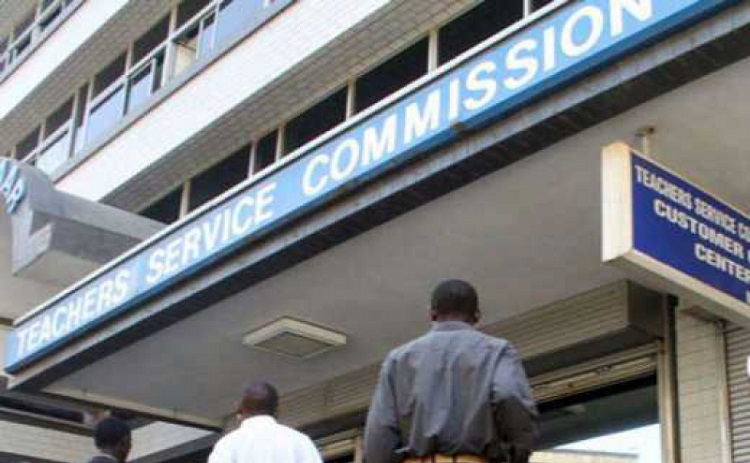The Kenya Union of Post Primary Education Teachers (KUPPET) and the Kenya National Union of Teachers (KNUT) have asked the government to reconsider the decision to use boarding secondary schools for junior high, citing the tender age of the transitioning learners.
The unions said learners in this level may not get along well with those in Forms One to Four under the current 8-4-4 system owing to the age difference.
Learners who will be transitioning to Grade Seven, the first class of junior secondary, have been selecting their preferred schools, with the two unions raising concerns that most of the available slots are in boarding institutions.
KUPPET Executive Secretary Sabala Inyeni speaking in Mbale town, Vihiga County, said the proposal to domicile junior secondary in day schools only would help ease the strain on existing facilities.
Speaking separately, KNUT Executive Secretary Maurice Chalenga agreed with his KUPPET counterpart, arguing that the minors should only move to day schools.
Said Mr Inyeni: “In January we expect junior secondary classes to begin. We are concerned that we don’t have enough facilities. The children who are expected to transition to junior secondary and who will join the current secondary schools will not be able to cope with the rest due to the big age difference.”
He added that enabling the younger students to study with the older students could result in bullying and other social issues. The more than 1.28 million students who will begin junior secondary school in January of next year will fight for a limited number of spots in prestigious institutions.
In a double intake that is anticipated to strain school resources, nearly an equal number of students who are in the 8-4-4 system will begin Form One at the same time.
George Magoha, the outgoing cabinet secretary for education, has been traversing the country to commission classrooms that he claims are designed to accommodate junior secondary students.
Prof Magoha has also repeatedly assured the country that the classes will be ready for use by the time the transition begins, but Mr. Chalenga doubts the ministry’s preparedness.
“There is an age challenge because most of the learners in Grade Six are still underage. Most of the schools they have been asked to select are boarding schools. They will be disadvantaged by age as they may not cope,” said Mr. Chalenga. “The government must burn the midnight oil to ensure all is well,” he added.

